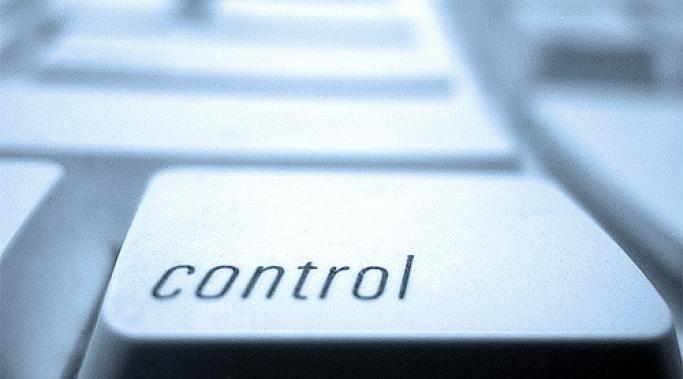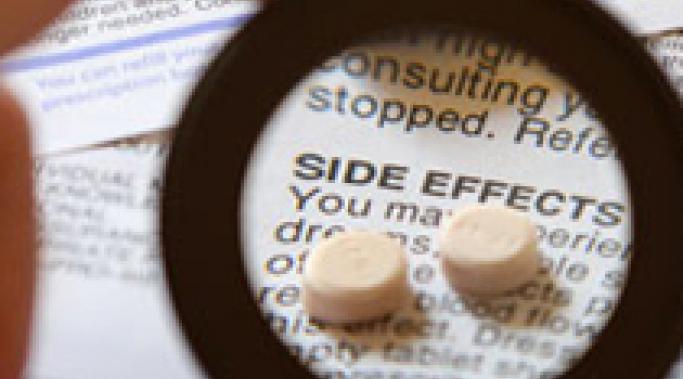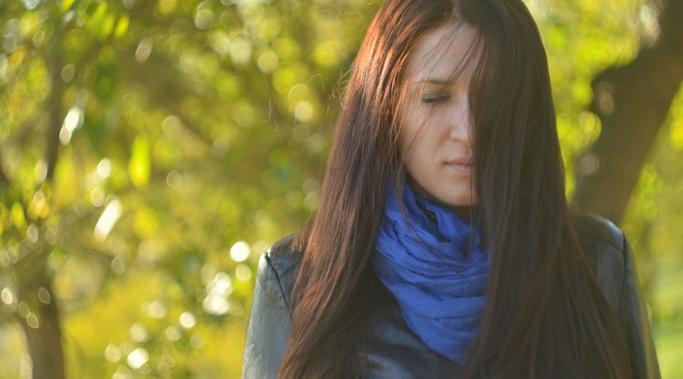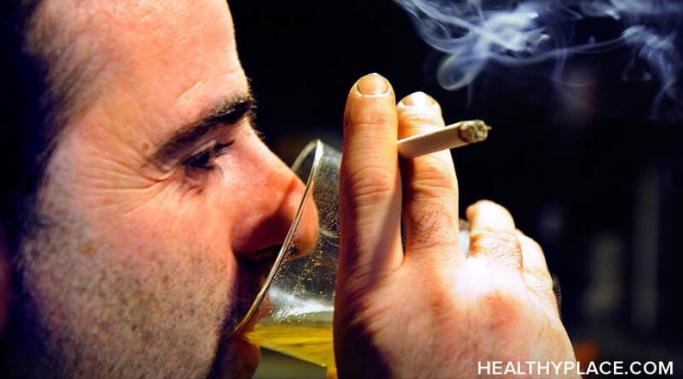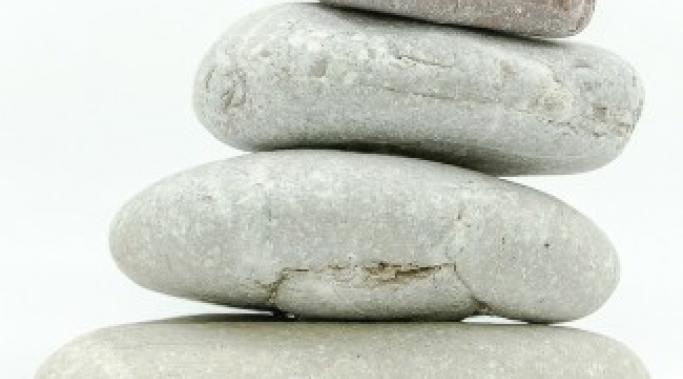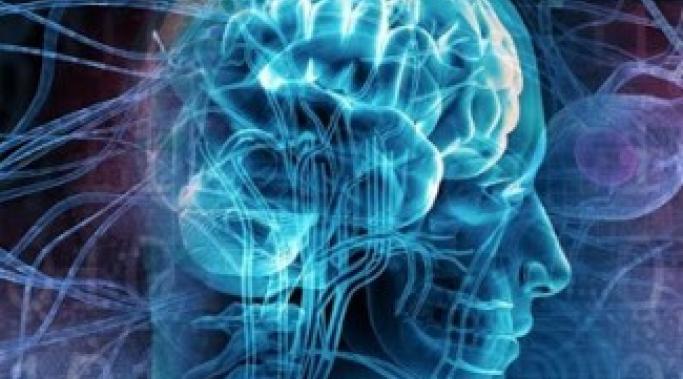The suicide of a bipolar online was the news I was greeted with first thing this morning. It was an awful wakeup call. Not a wakeup call in that I was sleeping (although I had been) but a wakeup call in that we all need to be on the lookout of the signs of a possible suicide in ourselves and others. And sometimes I think we forget about this killer. Maybe because we need to in order to survive. But today I want to talk about what happens with the death of a bipolar online.
Breaking Bipolar
Functionality is important in anyone’s life but I would argue functionality should not be the sole measure of quality of life in bipolar disorder. Quality of life is so much more than just whether one can make it through the day or how many pages a writer can produce. Quality of life in bipolar, and in everyone’s life, is complicated. Functionality matters in quality of life in bipolar but it’s not the only thing (Bipolar Disorder and Decreasing Functionality).
I have lost so much control because of bipolar disorder. This is really awful because I’m actually a control freak in some ways. And, possibly, losing control because of bipolar disorder has actually making me more so as I work tremendously hard, and rather pointlessly, to regain the control that I have lost. This type of control has its plusses and minuses but there’s no doubt that I have less control now than I had before the bipolar disorder came a-knocking.
The idea that bipolar medication side effects suck is not a new idea. I am not the first person to mention this nugget. This is something every person with bipolar disorder who is on medication knows. In fact, when it comes to every medication, side effects suck. The reason why bipolar medications stand out for me is, of course, I take them, but not only that, they are medications that most of us have to take for the rest of our lives. When bipolar medication side effects suck, they suck for a very, very long time, so why take bipolar medications?
It seems like there are 1000 things I can’t do because of bipolar disorder, but what I’ve learned is that I need to focus on what I can do with bipolar disorder, not what I can’t. Because there are things we all can do. We often take those things for granted – but they are still there. We all have a “can” list and a “can’t” list. We, with bipolar, need to focus on our “can” lists.
Because of the chronic mental illness of bipolar disorder, I have guilt on sunny days; and this really sucks seeing as we’re now into summer. I know this might sound weird to your average person, but I actually prefer a rainy day to a sunny one. Rainy days don’t bring about guilt. Sunny days bring about my bipolar guilt.
It is being widely reported in the media that Orlando shooter Omar Mateen had bipolar disorder, but do we really know if Mateen had bipolar disorder (What Is Bipolar Disorder)? Where did this information come from and should we really believe it or is it just media sensationalism? After all, every mass shooter seems to be designated some mental illness; is it just bipolar’s turn?
Do people have the right to leave mental illness untreated? That is the question of the day. Now, I know some of you are offended by this and are likely saying, “Heck yeah! Of could people have the right not to treat a mental illness!” Well, let’s think about this for a minute. Maybe this doesn’t apply to all groups of people; maybe there are select groups of people who truly don’t have the right to untreated mental illness (Violence in Aurora: Untreated Mental Illness, Again?).
Mindfulness doesn’t help my bipolar disorder. I’m sorry; I know advocates aren’t supposed to say that kind of thing. I know we’re all supposed to get behind the new, fashionable therapies and tell everyone to do them (but heaven forbid we do the same with psychiatry) but this is one that I think has some major holes in it, particularly for people with serious mental illness. Please understand, mindfulness as a therapy might work for you but here’s why mindfulness doesn’t help my bipolar disorder at all.
Getting things done when you’re depressed isn’t just about finding time. Getting things done with depression is also about finding brain space. Brain space, for me, is the biggest limiter of my functionality in bipolar (at least partially because I’m a writer). It feels like my brain gets “full’ and then I can’t do anything because I can’t think. Or I can’t handle thinking. Or thinking causes such anxiety that I’m frozen. This brain space limits me getting things done when depressed.

